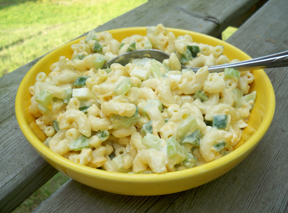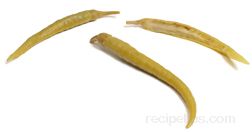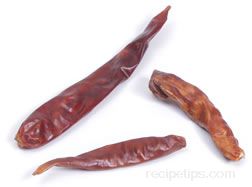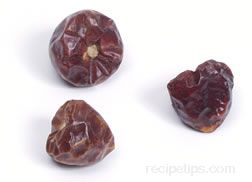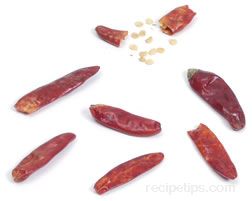Loading
Similar Content to: Anaheim Chile Pepper
back to Anaheim Chile Pepper
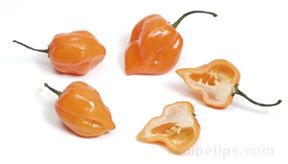
A small chile that is 2 inches or less in length with a color that ranges from light green when fresh to bright orange, red, yellow, or brown. Native to Caribbean regions, the Yucatan area of Mexico, and northern coastal areas of South America, the Habanero Pepper has subtle fruit flavors that combines well with foods containing fruit or tomato ingredients. Many times hotter than the jalapeño, the Habanero pepper contains the highest amount of capsaicin or heat causing substance of all chiles. Caution is urged when using or preparing this pepper to keep the alkaloid (capsaicin) from being transferred to the eyes if cutting into and through the walls of this chile. Chile peppers that can be substituted for the Habanero include any of the other varieties of Habanero chiles or the Scotch bonnet peppers. Scotch bonnets have a milder intensity that is often preferred when seeking a milder flavor or heat level.

Loading
Advertisement
Advertisement




